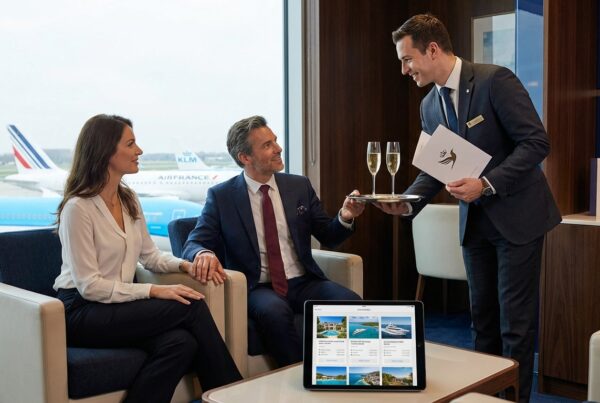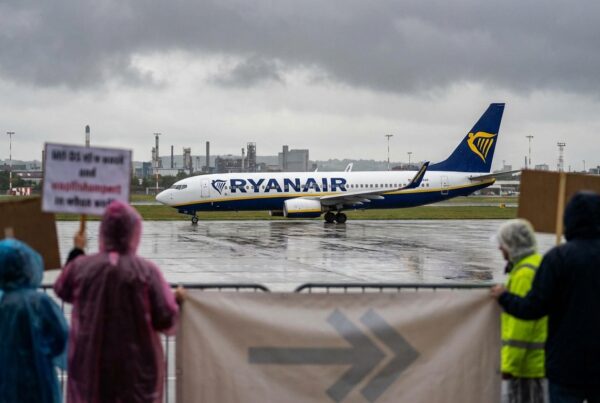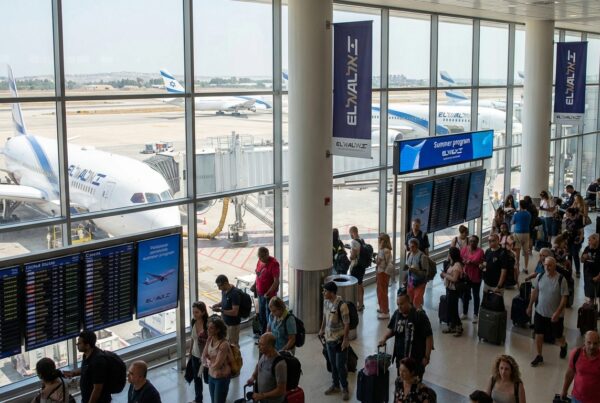The transition to sustainable aviation fuels (SAF) has become a key issue for the air transport industry. Faced with ambitious European objectives and a still limited industrial offer, the main players in the sector are now calling for time and support measures. Flywest reports that the major European airline groups have recently expressed their concerns and called on the authorities to engage in pragmatic dialogue to ensure a realistic and competitive transition.
European obligations weighing on companies
Since 2025, the European regulatory framework has imposed progressive quotas of sustainable aviation fuel on flights departing from the European Union. While the initial objective is to intensify the use of SAF to reduce the sector's emissions, the planned ramp-up to 2030 and beyond is raising questions. Companies consider the trajectory to be ambitious, but dependent on production capacity that is not yet in place. This tension between climate targets and industrial reality is undermining company planning and threatening the competitiveness of certain routes.
A training sector with insufficient volumes
Global SAF production remains concentrated and costly. Industrial players are multiplying their projects, but plant construction times, the need to secure raw materials and the investments required explain the slow pace of ramp-up. Companies warn of the risk of financial pressure if strict quotas have to be applied without public or private support mechanisms to boost supply. The lack of availability is reflected in high prices for sustainable fuel, up to several times higher than for fossil kerosene.
Impact on pricing, competition and strategy
The structural increase in fuel costs inevitably has an impact on airlines' pricing structures. Some companies are calling for accompanying measures to avoid a sharp rise in prices for passengers and a distortion of competition with carriers not subject to the same constraints. At the same time, the industrial strategy of European groups now includes supply agreements with SAF producers, but these contracts often cover a limited share of future needs.
What are the possible solutions for securing the transition?
Industry players are putting forward a number of ideas to make the transition to FAS sustainable. Firstly, they are calling for an appropriate timetable, combined with industrial and financial measures to encourage a rapid build-up of capacity. Secondly, they recommend targeted support mechanisms - investment grants, purchase guarantees, tax incentives - to lower production costs and encourage new market entrants.
The importance of public-private dialogue
For the companies, the key is a genuine partnership between public authorities and industry. Strategic dialogue would make it possible to align regulatory objectives with the capacities of economic players, anticipate bottlenecks and organize coordinated investment plans. Without this, there is a risk that quotas will be applied mechanically, weighing heavily on operators and, eventually, consumers.
Innovation, diversification of raw materials and scale
Diversification of production routes (advanced biofuels, electro-chemical routes, synthesis from renewable hydrogen) is essential to reduce dependence on certain raw materials. Industrialization and economies of scale remain the main levers for lowering costs. Companies and manufacturers must therefore combine investment, R&D and financial partnerships to accelerate the availability of competitive SAF.
Impact on travelers and the industry in France and abroad
The increase in FAS volume should ultimately improve the carbon footprint of flights and meet decarbonization targets. In the short term, however, passengers could feel the impact through fare adjustments and a restructuring of offerings. For the French and European industry, the stakes are also geopolitical and industrial: developing a competitive SAF sector strengthens energy sovereignty and creates jobs, but requires clear strategic choices and massive investment.
Key information
Since 2025, the European Union has imposed progressive SAF quotas on aviation fuels departing from its airports, a constraint that airlines consider ambitious given the current supply.
Global SAF production remains limited and costly, adding to carrier costs and posing a challenge to flight competitiveness.
Europe's utilities are calling for an adjusted timeframe and support mechanisms - investment, purchase guarantees and incentives - to accelerate the build-up of capacity.
Diversification of production technologies and economies of scale are essential to reduce the price of FAS by 2030 and beyond.
Flywest is closely monitoring these developments: the success of the transition will depend as much on political will as on the industrial capacity to deliver affordable, sustainable volumes.




